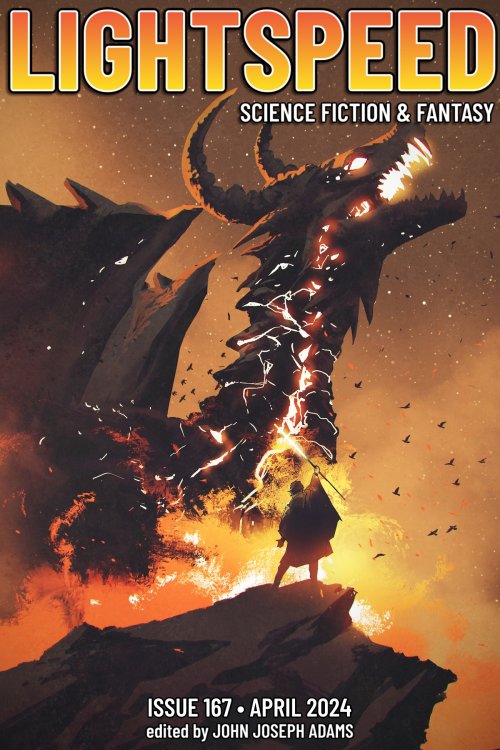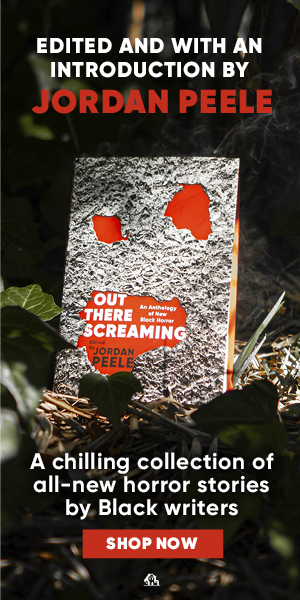Why did you choose to tell a story about an encounter that never happened?
I was reading some biographies of H.G. Wells for a piece I had to write, and I discovered that he visited Washington D.C. in 1934. I knew that my father was in the Civilian Conservation Corps in Alexandria at about that time. The juxtaposition struck a spark in me. I had to stretch a few things and make up some others to get them in the same place at the same time, but I felt there was something there worth writing about.
You received awards and acclaim from the science fiction community for this story. What did your dad think of it? Did you show it to him before publishing it or did you surprise him?
I did show this story to my father before it appeared. He thanked me for writing it. He told me he was surprised that I was able to describe some of what it was like to be in the CCC without having experienced it. He was not a demonstrative man, and it was a moment I will not forget. That would have been during the Christmas holidays of 1990. He died in November 1993 at the age of eighty-nine.
Have you ever topped a tree like your dad did? Besides the kind of work you did, how were you different from your dad?
Never topped a tree, but I did do quite a bit of physical work when I was a young man. My dad was a jack-of-all-trades but made his living as a carpenter. I learned a few things from him. He never finished high school and I got a Ph.D., so that put some distance between us, but he was a reader. I think my concern for craft, my obsession with careful story construction, owes something to my observing the care and attention to detail he took in his carpentry.
The two men are both humiliated by their fictional encounter, and then both are rescued by Duke Ellington’s music. You said, back when you wrote this, that you hope to understand what his jazz teaches — that life constrained is not life wasted. Do you understand and/or agree with that now?
I’ve been working on that one most of my adult life. We don’t get everything we want or achieve everything we dream of achieving; regret is a part of everyone’s life. You can make yourself miserable dwelling on the gap between dreams and reality. I can say all this easier than I can live it, but I can live it better now than I could when I was a young man. The Cootie Williams trumpet solo on Ellington’s 1934 version of “Solitude” still takes my breath away.
The ending, where you say art does not have to deliver a message in order to say something important, resonated with many readers. When you look back at this story, do you still feel the power of art to change the moment is significant enough to keep making art?
Art can change the world, though we can’t count on that as much as we would like it to. Still, that moment when you hear a song that speaks to you, or lose yourself in a book, or laugh out loud at a movie — what’s better than that? It’s worth working hard in order to create those moments for people.
What are you working on now?
I’m excited to have finished the novel I’ve been working on for years, The Moon and the Other. It’s a political novel and a love story (or two love stories) set in the mid-twenty-second century in two contending lunar societies, sort of A Tale of Two Cities on the moon. It picks up some characters I wrote about in my “Lunar Quartet” stories in the early aughts. I swore off writing short stories while I was working on the novel, so I’m eager to get back to doing some short fiction.
Share
Spread the word!








